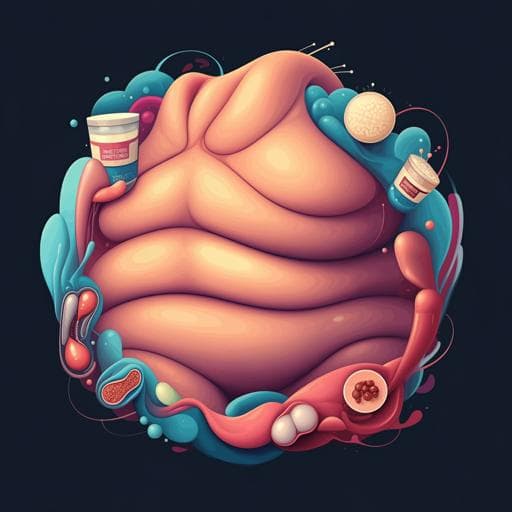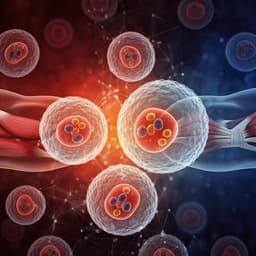
Medicine and Health
Long-term aspartame and saccharin intakes are related to greater volumes of visceral, intermuscular, and subcutaneous adipose tissue: the CARDIA study
B. T. Steffen, D. R. Jacobs, et al.
This groundbreaking research reveals shocking links between long-term artificial sweetener intake and increased fat accumulation. Conducted by a team of experts including Brian T. Steffen and David R. Jacobs, the study uncovers how aspartame and saccharin consumption could elevate obesity risks, irrespective of calorie count. Dive into the findings that could change the way we view diet sodas!
Related Publications
Explore these studies to deepen your understanding of the subject.







